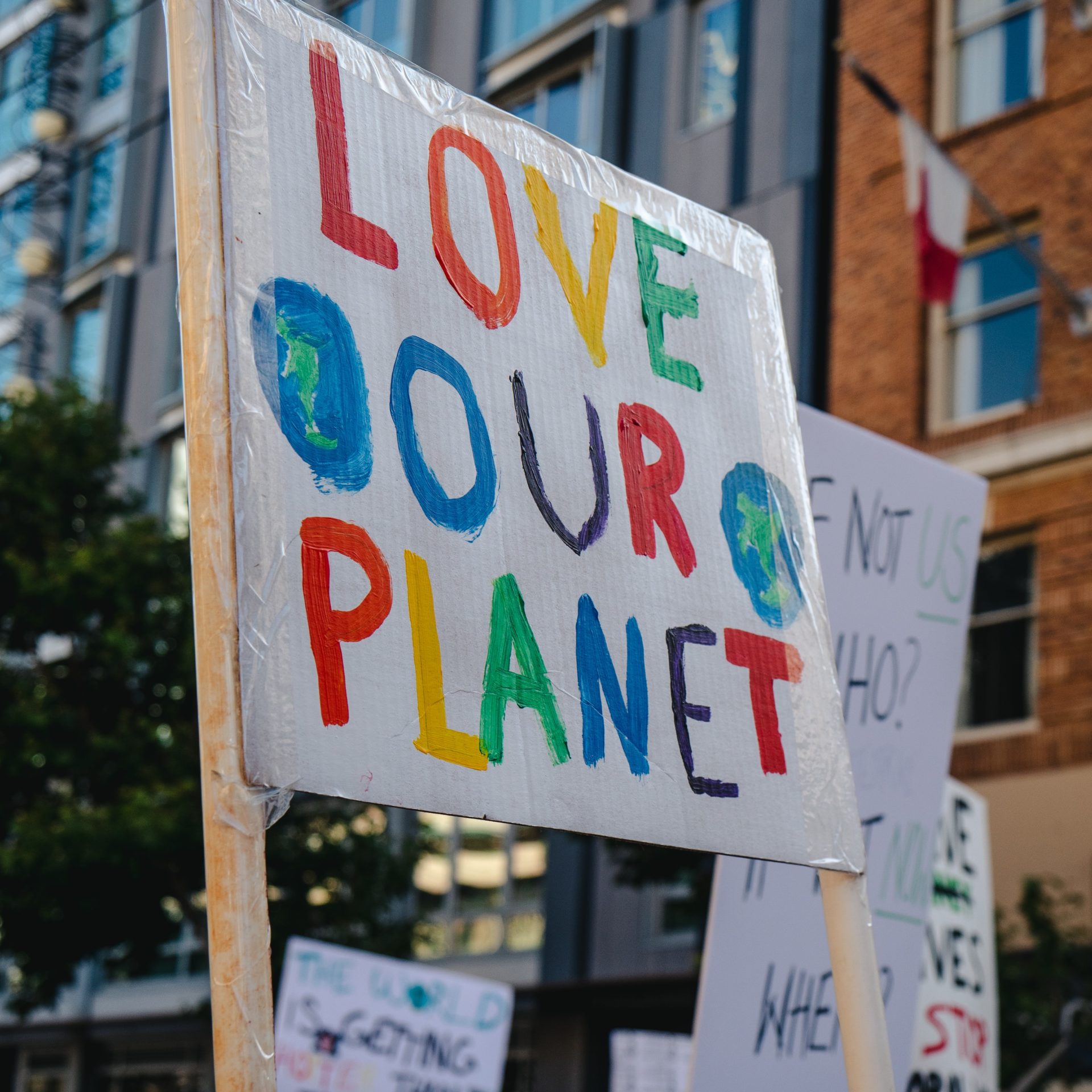
It's impossible to pull up the news on your phone without reading an article about how the earth is changing. The planet is experiencing increasing temperatures, drought, and insect outbreaks. There are declining water supplies, reduced agricultural yields, flooding, and erosion. And while we continually see the stories, Savanta wanted to see if Americans are processing the information.
While 73% of Americans report feeling informed about how to minimize waste in their households, it's clear that far less consider how meat consumption affects the future of our planet.
The good news is that we are, mostly.
Savanta reports that 78% of Americans believe in global warming, and 86% believe in climate change. Furthermore, Americans believe that human activities are responsible for global warming, and they are taking measures to offset its effects. For example, most Americans (77%) recycle plastics, 68% recycle paper, and 33% compost. In fact, 76% of Americans are actively trying to minimize waste in their households.
However, the messaging around how our diets affect the earth needs improvement. Americans are nowhere near being ready to give up meat to save the planet. A recent study from Oxford University reports that meat-eaters are responsible for almost twice as many dietary greenhouse-gas emissions per day as vegetarians and about two and a half times as many as vegans.
Even so, Savanta reports that only 8% of Americans are vegetarian, 7% are vegan, and 4% are pescatarian. So perhaps campaigns like Meatless Monday, a global movement that encourages people to reduce meat in their diet for their health and the planet’s health, are the way to shift attitudes gradually.
While 73% of Americans report feeling informed about how to minimize waste in their households, it’s clear that far less consider how meat consumption affects the future of our planet.





